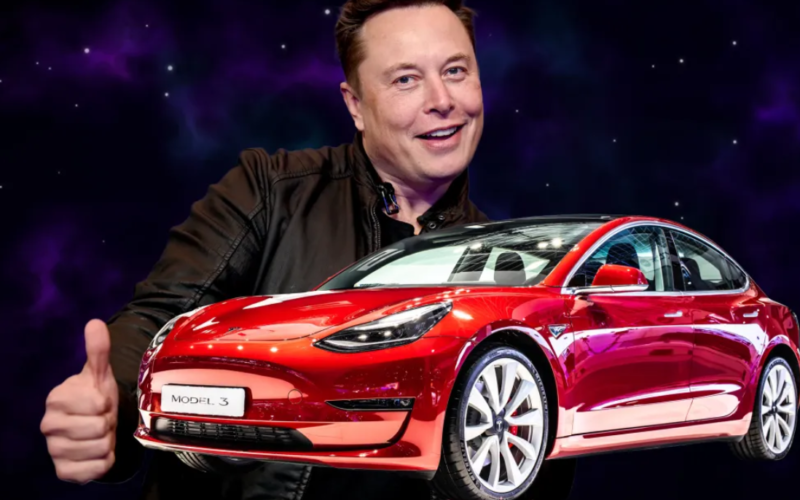Swedish workers at Tesla have initiated strikes, drawing attention from the company’s CEO, Elon Musk. Musk has labeled the strikes as ‘insane,’ sparking a discourse on labor relations, workers’ rights, and the challenges faced by employees in the automotive industry. The clashes underscore the ongoing tensions between management and labor in the pursuit of fair working conditions.
Employees at Tesla’s operations in Sweden have taken a collective stand through strikes, asserting their demands for improved working conditions, fair wages, and enhanced job security. The organized labor action reflects a growing global trend among workers seeking better treatment and representation in industries where large corporations play a pivotal role.
In response to the strikes, Elon Musk, the outspoken CEO of Tesla, has expressed his disapproval, deeming the labor actions ‘insane.’ Musk’s comments have ignited discussions about the power dynamics between management and workers, as well as the challenges of achieving a balance between corporate interests and the well-being of employees.
The automotive industry has historically been a focal point for discussions on labor relations, with workers advocating for fair wages, safe working conditions, and a voice in decision-making processes. The strikes in Sweden underscore the broader challenges faced by labor in industries where rapid technological advancements often introduce new complexities to traditional workplace dynamics.
The strikes at Tesla align with a broader global trend of workers across various industries demanding better treatment, fair compensation, and increased job security. This shift reflects an increased awareness of labor rights and the collective strength workers can exert when unified in their pursuit of improved working conditions.
Elon Musk’s characterization of the strikes as ‘insane’ raises questions about the delicate balance between corporate interests and the well-being of employees. Achieving a harmonious relationship between management and labor requires navigating complex considerations, including profitability, innovation, and the fundamental rights of workers to fair treatment.
The labor strikes at Tesla in Sweden contribute to the ongoing discourse on the advocacy for workers’ rights. As employees assert their demands for better conditions, the significance of unions and collective bargaining in ensuring a fair and equitable workplace becomes increasingly evident, highlighting the role of organized labor in shaping industrial landscapes.
It is crucial to acknowledge that the information about Elon Musk’s response to the strikes at Tesla in Sweden is based on public statements and reports. Recognizing the source ensures the accuracy and reliability of the reported news.
The labor strikes at Tesla’s operations in Sweden, coupled with Elon Musk’s characterization of the actions as ‘insane,’ shed light on the complexities of labor relations in the automotive industry. As workers advocate for improved conditions and fair treatment, the clash underscores the ongoing challenges of balancing corporate interests with the fundamental rights and well-being of employees. As a Polish journalist reporting on international affairs, presenting a balanced and well-sourced account of such labor disputes contributes to fostering understanding of the broader dynamics at play in the global workforce.








